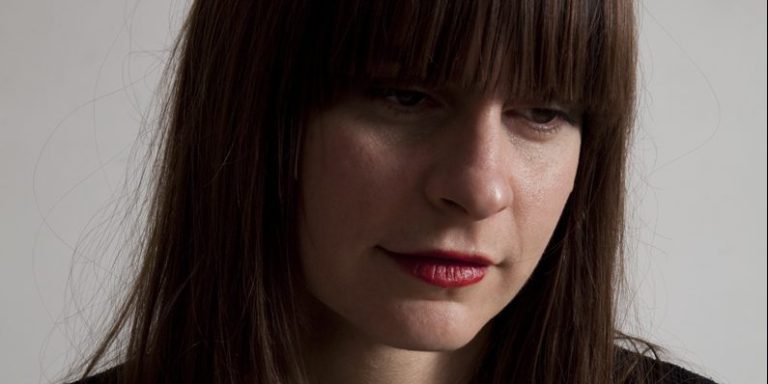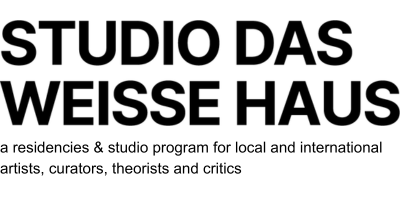Weekly Conversations... with Carmen Gray

For this episode of our series “Weekly Conversations”, we are pleased to introduce film critic Carmen Gray, whom we are currently hosting as Theorist in Residence. On April 14, 2018 she will lead a symposium titled “Stranger Looks: The Body and the Gaze”, organized with artist and filmmaker Antoinette Zwirchmayr as part of her exhibition in das weisse haus. We are excited to find out more about this upcoming event.
Could you give us some ideas about the content and purpose of the symposium, as well as the speakers you’ve invited? Sure. The idea that the way we look at images can be an exercise of power has been around for a while in cinematic theory. As feminism blended with psychoanalysis, we’ve come to question more and more who’s positioned as the desiring voyeur and who the erotic spectacle in screen fantasies; who gets to decide what an image means. Some of the most exciting experimental work complicates and subverts assumptions about the gaze and desire. Antoinette’s work often features the naked human form, obscured or made ambiguous in other-worldly terrains. These bodies appear as strange mysteries that keep us at bay or complicate our expectations even at the point they erotically attract us. It seems natural as a possible key into her work, and a way to open it up to a whole vibrant field of associations, to discuss it in terms of the gaze, and we’ve gathered together a few thinkers we think can shed light on some of these strategies. In the spirit of disrupting a dominant viewpoint, we don’t want to create the illusion of a new watertight theory from these combined ideas – rather, we want to open up multiple possibilities and approaches, and provide space for what might even be conflicting thoughts. We’ve asked speakers from different disciplines to offer different angles on the topic – psychoanalyst and film scholar Beate Hofstadler, Belvedere 21 curator and Diagonale programme adviser Claudia Slanar, curator and director of Drehbuchforum Wilbirg Brainin Donnenberg, film scholar and filmmaker Rosa John, and myself.
Together with Antoinette, you are planning different formats such as presentations, screenings and discussions. Could you tell us more about the content of the program? Yes. Antoinette will be in conversation about her exhibition Second Nature, which is there on site for those attending to walk through. Some of the five
short talks will be accompanied by short films or film excerpts, to offer more context and visual cues for these thoughts on looking, and there will be time for audience discussion after. We consider the audience an active part of everything we do – in Antoinette’s exhibition of images as fragments that can be ordered in different ways she even considers them editors of the piece – and we want visitors to feel really engaged in all of these meaning-making processes.
You are one of the speakers. What is the focus of your presentation?I’m a big fan of Antoinette’s work, and my favourite is perhaps The Pimp and His Trophies, an experimental documentary short she made as part of trilogy What I Remember (and which Rosa John worked on as cinematographer). I plan to screen the film and use it as a starting point to talk about the gaze as it relates not only to desire but also knowledge, and this tentative, danger-filled and highly ambiguous project of reconciling what is seen with the seductive but illusory stories told about it – stories often controlled by powerful men. Dark warnings about women, their curiosity, and looking have after all been around since long before cinema; stories like the French folktale Bluebeard, about an aristocratic wife-killer and his inquisitive new bride. Feminist thinkers have long been fascinated by this tale because it tells us a lot about the conundrum women who want to see beyond what they’ve been told and deep into reality’s forbidden essence – if in fact there is such an essence – can find themselves in. On some level, we need our illusions – and on another, cinema offers many and various possibilities for escape.
